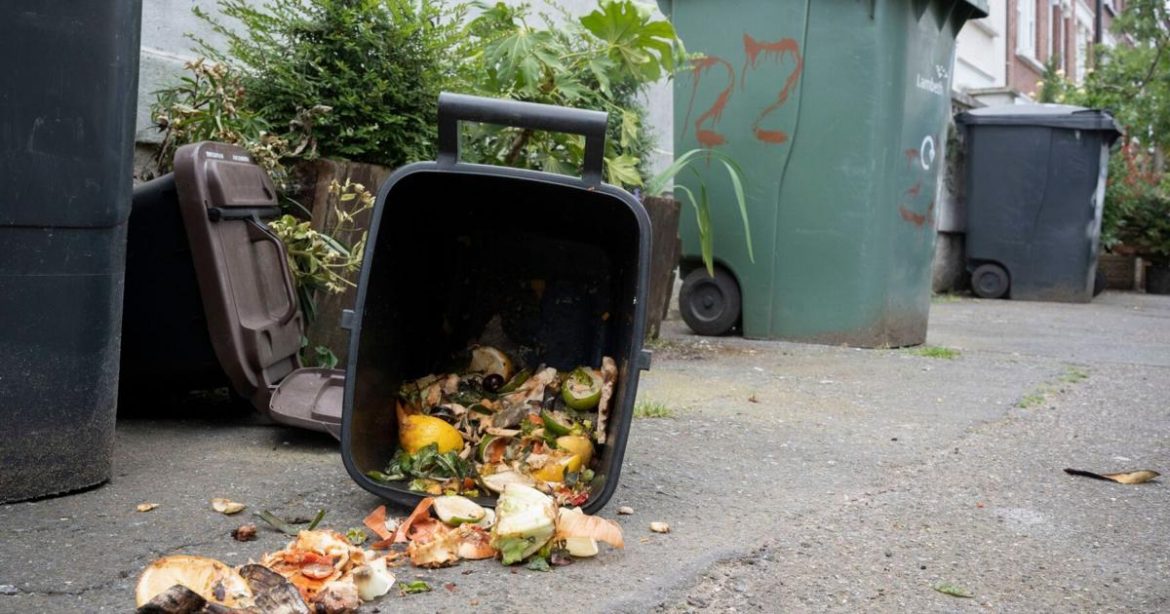A UN report has shown that more than a billion meals are thrown away every day, in poor countries as well as rich ones, despite more than 730 million people living in hunger around the world.
According to the UN Food Waste Index report, published on Wednesday, at a global cost of about $1tn a year, about a fifth of food is wasted, sometimes through profligacy or poor planning, sometimes from a lack of access to refrigeration or storage.
The report also showed that households are responsible for most of the world’s food waste – about 60% of the 1bn tonnes of food thrown away annually. But commercial food systems are also a substantial contributor: food services accounted for 28% of waste, and retail for about 12% in 2022, the latest data available.
These figures exclude an additional 13% of food that is lost in the food supply chain, between harvest and market, often from rejection or spoilage of edible food.
Not only is this waste squandering natural resources, it is also a big contributor to the climate and biodiversity crises, accounting for close to 10% of global greenhouse gas emissions and displacing wildlife from intensive farming, as more than a quarter of the world’s agricultural land is given over to the production of food that is subsequently wasted.
Read also: US to spend $6bn to reduce carbon footprint of steel
Inger Andersen, the executive director of the UN Environment Programme, which wrote the report in conjunction with the UK’s Waste and Resources Action Programme (Wrap), was quoted as describing food waste as “a global tragedy”, and contrasted this with the fact that a third of people face food insecurity, unsure of where their future meals will come from.
Andersen said: “Millions will go hungry today as food is wasted across the world. Not only is this a major development issue, but the impacts of such unnecessary waste are causing substantial costs to the climate and nature.”
Few countries have plans in place to reduce food waste and most fail to include it in their proposals for reducing carbon emissions.
The report further found that poorer households also tend to throw away food at a rate not much lower than those with higher incomes: they were responsible on average for about 7kg per person of waste less a year than richer households. This may reflect many factors, including a lack of access to adequate refrigeration and storage, reliance on lower quality food and a lack of time to make nutritious meals.
Story was adapted from the Guardian.
